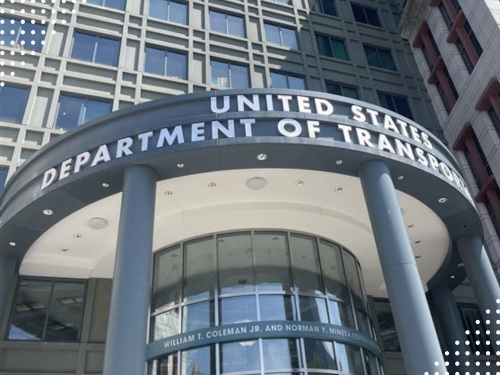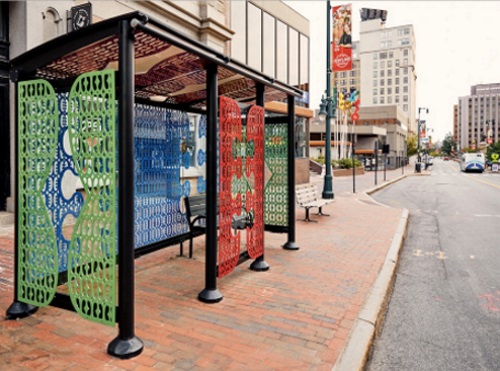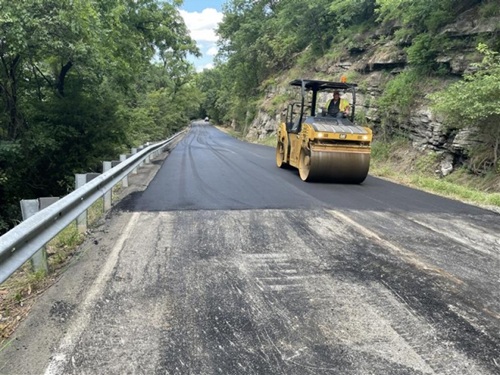The Federal Transit Administration recently made roughly $13 million in grants available through a notice of funding opportunity issued May 26 via its Transit-Oriented Development (TOD) Planning pilot program. Applications for this round of TOD grant funding are due by July 25.
[Above photo by the FTA]
The agency said its TOD pilot program seeks to reinforce and build upon the “relationship” between transit, housing, and land use – recognizing that better planning can help reduce costs for American families and reduce the impacts of transportation on climate and air quality.
FTA noted that the $1.2 trillion Infrastructure Investment and Jobs Act or IIJA – enacted in November 2021 – boosted funding for the TOD Planning grant program by 38 percent, with the agency planning to distribute nearly $70 million through it to communities across the country over the next five years.

“The program encourages communities to think innovatively about the intersection between land use and mobility,” noted FTA Administrator Nuria Fernandez in a statement. “It also challenges communities to think about road safety, equity, climate change and affordable housing as intertwined with transit investments.”
The current TOD pilot program supports “comprehensive” or “site-specific” planning projects that improve economic development and ridership, foster multimodal connectivity and accessibility, improve transit access for pedestrian and bicycle traffic, engage the private sector, identify infrastructure needs, and enable mixed-use development near transit stations.
FTA added that it gives “special consideration” to applications that improve air quality, advance environmental justice, and promote housing affordability.

In a related effort, the FTA announced on June 2 that 50 transit agencies across 24 states would share $25 million to help restore and improve service affected by the COVID-19 pandemic.
That funding – through FTA’s Route Planning Restoration Program – assists transit agencies with planning projects to increase ridership and reduce travel times in response to changes in travel patterns that occurred during the pandemic.
That grant funding also supports local efforts to increase the quality or frequency of transit service for low-income riders and those in disadvantaged communities who may need more options to get to jobs, school, and health care.
“The Route Restoration Program will greatly assist transit agencies nationwide in eliminating barriers and increasing equity in underserved communities, explained FTA’s Fernandez in a separate statement.
“COVID-19 drastically altered how transit systems operate, and these funds will provide an opportunity for them to take a fresh look at their systems and routes, to ensure that everyone has access to transportation,” she added.
 Nation
Nation


